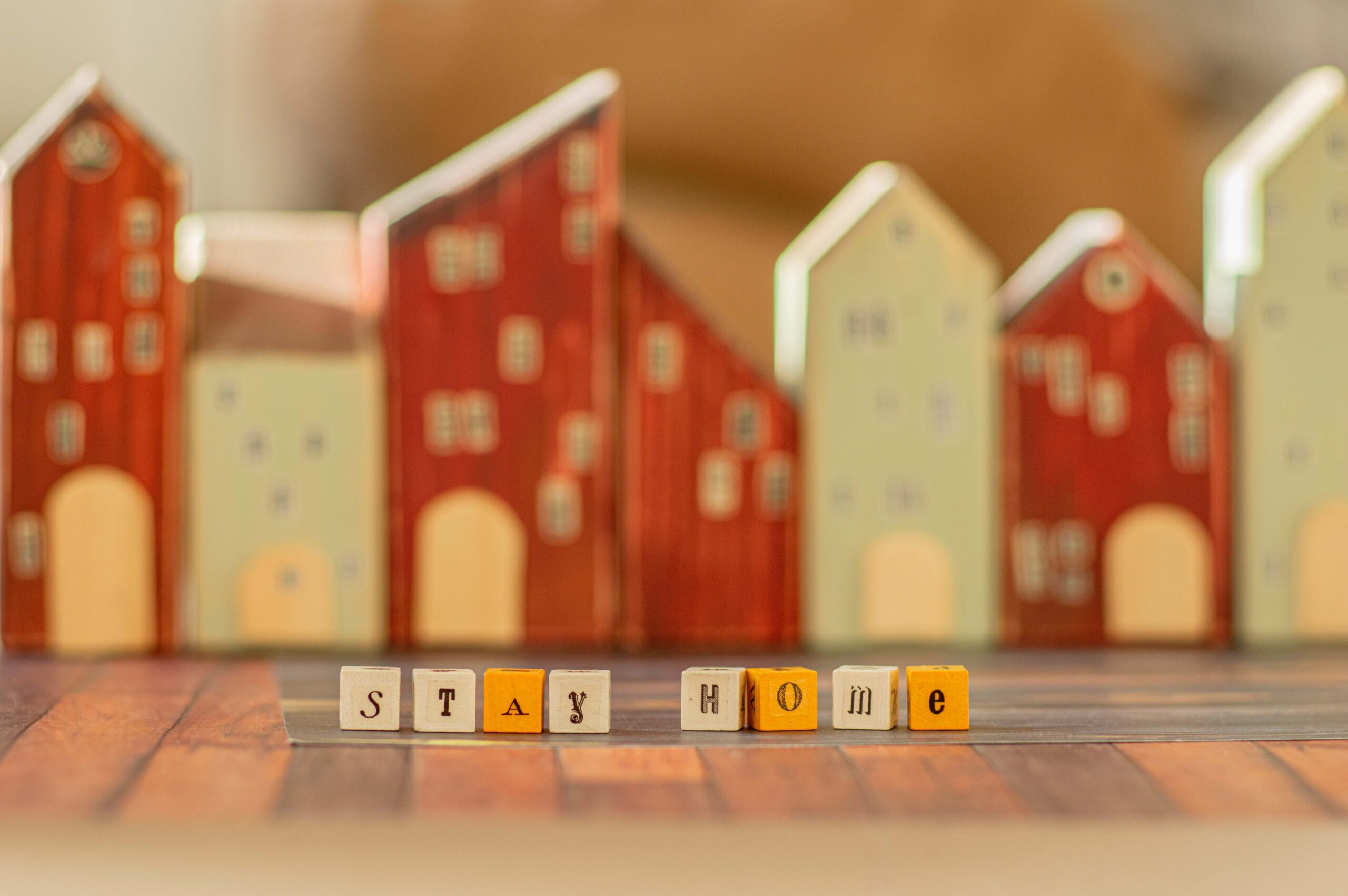Taking the Responsibility: What’s Enough & What’s Too Much?

It might seem odd that a post on “taking the responsibility” is in my series on “Emotions of the Pandemic”, but there’s a good reason for including it.

That’s because “taking the responsibility” is connected with an individual’s feelings of responsibility. While “responsibility” certainly does have a thinking component, it also has a substantial emotional or feeling component. When we “feel responsible” for doing something, helping someone, or whatever may be the case, we are genuinely having feelings, meaning that—rightly or wrongly—we are positively valuing the responsibility or connection.
Sometimes, it’s entirely appropriate for us to be “taking the responsibility”. If I get into my car to drive somewhere, it’s entirely appropriate for me to take control of the vehicle and drive it in a manner that doesn’t endanger other people or others’ property. But if I started to feel responsible for how everyone in my neighbourhood drives, and I laid awake nights worrying about how I could get all these other people to drive in the manner that I feel they should, we might well say that I was taking the responsibility for something that I shouldn’t, because someone else should be looking out for those concerns.
It’s quite easy for people to end up taking the responsibility for more than they should. This is true in general, but it’s particularly true in the era of COVID-19.
Feeling Overly Responsible
Taking the responsibility for appropriate things in our lives is a good thing. Carrying appropriate responsibility is actually something that empowers us, and helps us to bring more of what we want into our lives. This is the opposite of a victim stance, where we blame other people or forces for the way that things are in our lives, and passively give the power to them, and just let things happen to us. In contrast to this, appropriate responsibility allows me to feel that I can take control, use my power and make things occur in my individual life that suit who I am and what I want.
In contrast, feeling overly responsible is very similar, in some ways, to a victim stance. If I feel responsible for something that I can’t control or change, I can end up feeling powerless in very much the same way as someone who is wrapped up in seeing themselves as a victim. However, taking the responsibility for too much has the added disadvantage that I may well feel guilty or blameworthy for something that I shouldn’t even be taking on, and that I don’t really have the power to change. It may be apparent that feeling overly responsible can also be accompanied by a great deal of anxiety as I ruminate or obsess about situations where I have limited or no power.
Examining Our Underlying Feelings
It can be challenging for people to realize when they are taking the responsibility for something that they really shouldn’t. It can also be challenging to face the real emotional causes for being overly responsible. The difficult question is, what emotional factors led the individual to feel that they have to take the additional responsibility.
In many cases, it’s necessary to look at someone’s experience in their family of origin to understand the forces that keep them locked into taking the responsibility when they really shouldn’t have to do it. The goal here is not to “blame our parents”. Yet the fact is that our experience in the family of origin has a huge impact on our personality and on the way in which we experience the whole of our lives.
Even the best of parents and families of origin are able to give us certain things we need, but not the whole of everything we need to move through our lives. We may find that our experience in the family of origin led us to experience heightened sense of guilt and responsibility that leads us into feeling overly responsible in the present. Clinical psychologist George Simon, an expert on manipulation, refers to what he calls “covert aggressions”, which might include phrases like the following:
- “I’m counting on you” (using guilt);
- “I really need you to do this” (playing the victim);
- “Only you can do this” (guilting and misrepresenting); or,
- “You’re such a good son/daughter” (flattery and guilt)
We may find that we’re harbouring a great deal of emotion about this, both in terms of guilt and fear, but also feelings of anger at having our boundaries violated by excessive demands for responsibility.
For some people, the pandemic lockdown that we’re experiencing may be a time when they experience a heightened sense of responsibility for things that are beyond their individual control, perhaps combined with feelings of guilt and fear. If you find yourself overwhelmed with demands at this time, perhaps including things that are really beyond your control, it might be time to ask whether you have a tendency to take on too much responsibility.
Taking the Responsibility—Responsibly!
Taking appropriate responsibility for our own lives, for the commitments we make, and for our own journey to wholeness, is a key part of what it is to be human. Yet, it’s an equally key part of that journey that we find the means to extend compassion to ourselves, and to not be overly responsible. Working with a supportive Jungian /a-midlife-transition can be an excellent support as we sort through what authentically taking the responsibility means for our lives.
Wishing you every good thing on your personal journey,
